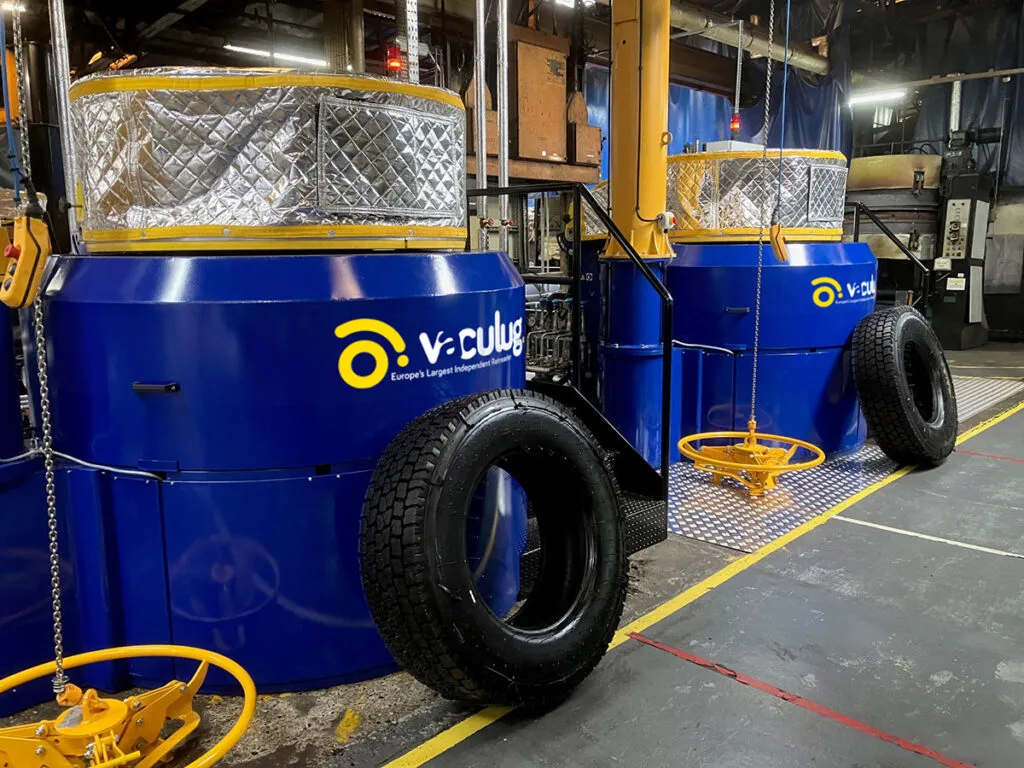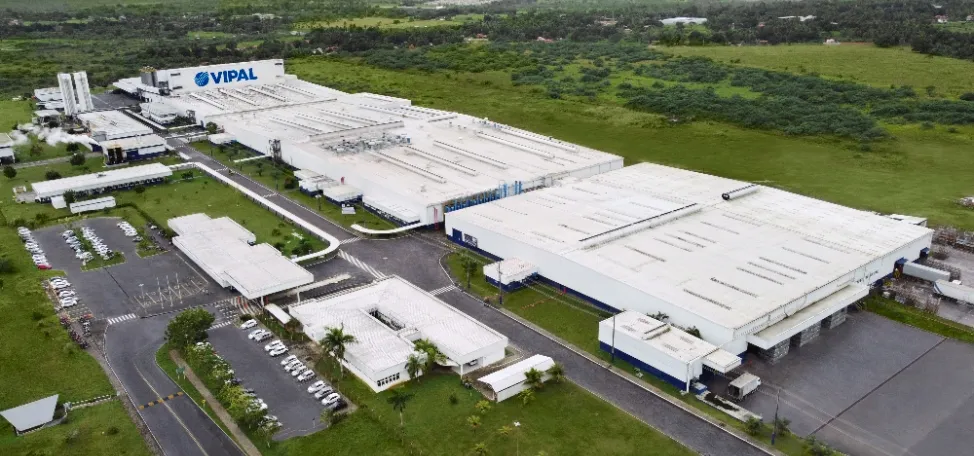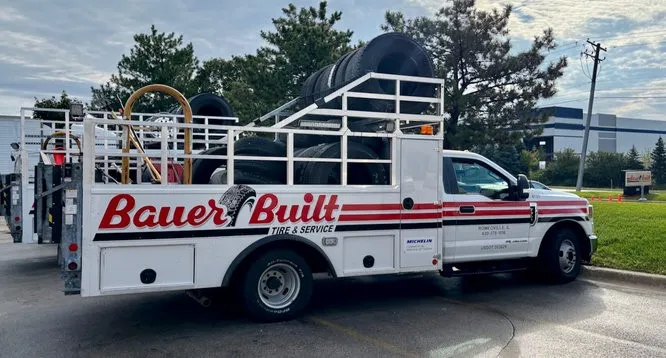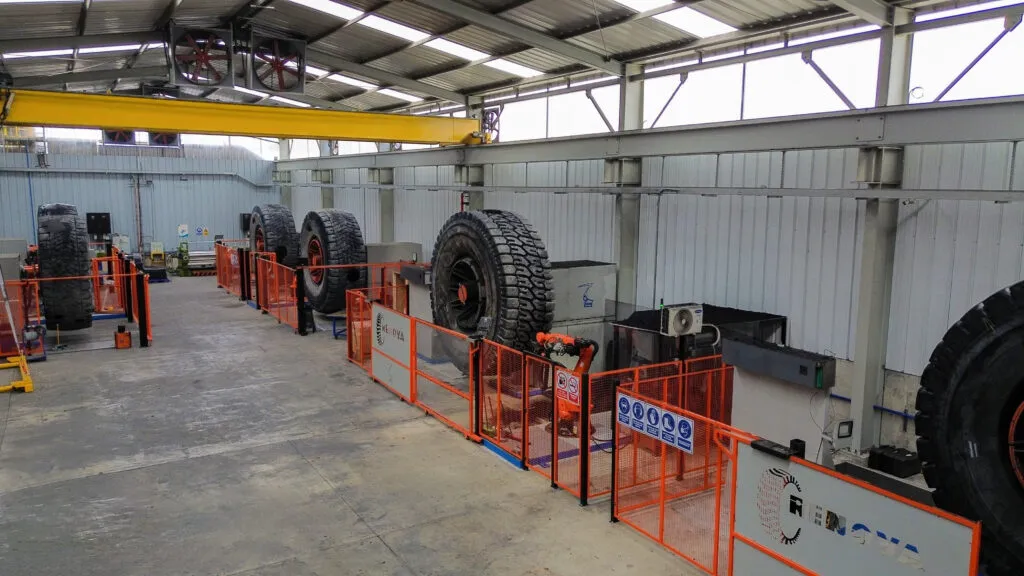THE TIRE COLOGNE (TTC) continues to grow: in 2026, the leading international trade fair for tyres and wheels will host a new format of The Global OTR Conference, the industry event for the off-the-road tyre industry (OTR), for the first time. By focusing on the OTR segment, which is becoming increasingly important worldwide, TTC is creating new synergies.
Strong Signal for Internationality, Innovation and Sustainability in the Tyre Industry
Designed as an innovative and interactive format of The Global OTR Conference, the focus here is on innovation, knowledge exchange, sustainable life cycle management and networking. This makes the trade fair a place where expertise meets vision. The individual sessions, held on the TIRE Stage, will highlight topics that shape the future of the industry: innovation, resource efficiency, safety, and sustainability.
T”he fact that this format of the Global OTR Conference will take place at THE TIRE COLOGNE in the future is a strong signal of the international relevance of our trade fair, “says Ingo Riedeberger, Director of THE TIRE COLOGNE. “The conference creates a stage on which we can shape the future of the tyre industry together – with a passion for innovation and a commitment to sustainability. This also applies to the important off-the-road segment.”
Koen Vandermeersch, Managing Director of 102psi, also emphasises its importance: “The Global OTR Conference sees itself as a platform that takes an in-depth look at current and future challenges facing the industry. The cooperation with THE TIRE COLOGNE offers a unique opportunity to raise the profile of this important segment in a very international environment.”
The message is clear: THE TIRE COLOGNE is more than just a trade fair. It is the meeting place for the global tyre community. The integration of the Global OTR Conference demonstrates how an industry can share knowledge, drive innovation, and develop sustainable strategies for the future.









